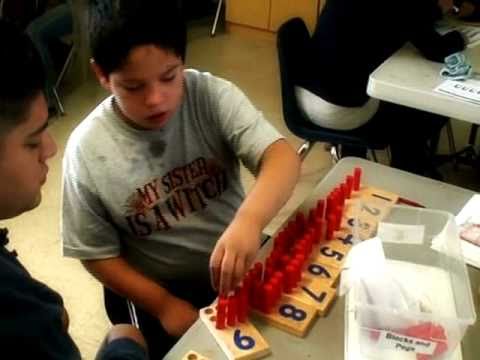Public or Private Speech Therapy?
After your child was diagnosed with a speech disorder, you may have felt lost for a little while, but eventually you formulated a plan of attack. You probably read everything you could find on his specific speech disorder and talked to a few experts. Then, you had to make a choice between public or private speech therapy.
Public speech therapy refers to speech therapy that is administered by a speech-language pathologist (SLP) working in the school. Private speech therapy means that the SLP has her own practice or she works in a hospital or clinic. There is also a third option. You might live near a university with a speech clinic. You could enroll your child in speech therapy lessons with graduate students who are supervised by licensed SLPs. There are benefits and drawbacks to all three of these options and in the end, it really boils down to what’s best for your child and your family. Weigh the pros and cons carefully before making a decision.
Financial
For many families, financial considerations will reign supreme in the decision-making process. Private speech therapy rates can be prohibitively high. However, there is a possibility that your healthcare insurance will cover private speech therapy sessions. Check your insurance policy and make a note of the restrictions (for example, there might be an annual cap on speech therapy costs). If you are uninsured or your insurance will not cover everything your child needs, you might prefer to consider a public SLP. As well, a graduate student in speech-language pathology at a university clinic will charge less. Some programs may even offer fees based on a sliding scale.
With an Individualized Education Program (IEP), your child is entitled to receive free speech therapy sessions in his school district. This is guaranteed by the Individuals with Disabilities Education Act (IDEA). However, there is a possibility that you will need to hire an attorney. A special education attorney can review the IEP, file complaints as needed, and represent your family’s interests during due process hearings or negotiations.
Time Commitment for You
If your child has private speech therapy, you can expect to drive him to and from speech therapy sessions, probably a few times a week. Some SLPs will work with your child in your home. You should also expect to spend time working with your child on speech therapy activities, regardless of whether he sees a public or private SLP. This is a key component of your child’s progress.
Public speech therapy requires a much greater time commitment. You’ll have to deal with IEP meetings and reviews. When it’s back-to-school time again, you’ll need to evaluate your child’s IEP to make sure that it still serves his best interests. You’ll have to ensure that the school district is doing what it’s supposed to be doing, and file a complaint if it does not. You may end up going through due process.
Time Commitment for Your Child
As well, consider your child’s own time commitments. With private speech therapy, he may work with the SLP several days a week after school. This may prevent him from joining sports teams, clubs, and other activities.
On the other hand, attending speech therapy sessions in school can take away from valuable classroom time. He may miss important lessons and struggle to keep up with his peers. Additionally, the public SLP will typically teach several children at a time in group lessons. Unless your child’s IEP guarantees him one-on-one sessions, he might not receive them.
Other Considerations
Take your child’s preferences into consideration. If he attended speech therapy sessions in school last year, talk to him about his experiences there. Consider whether he has made sufficient progress. Consider whether there was a possibility that he was bullied in school because he was a special ed student. If so, private speech therapy may help bolster his self-esteem.





